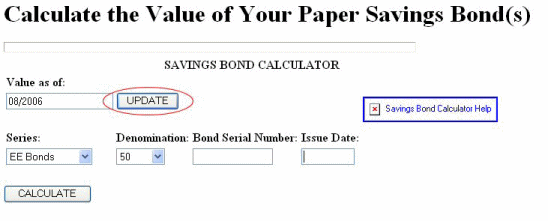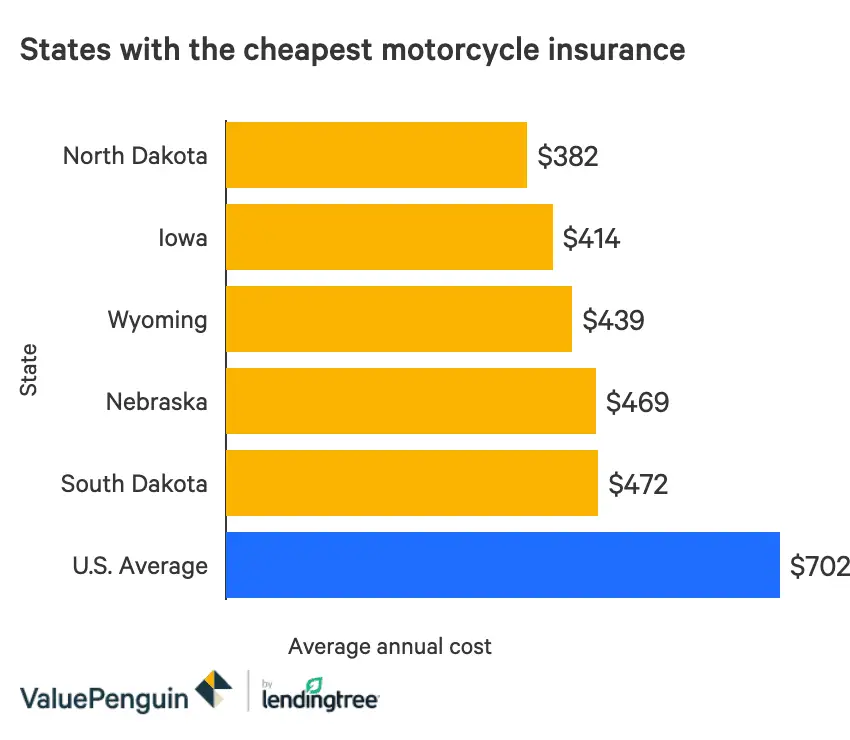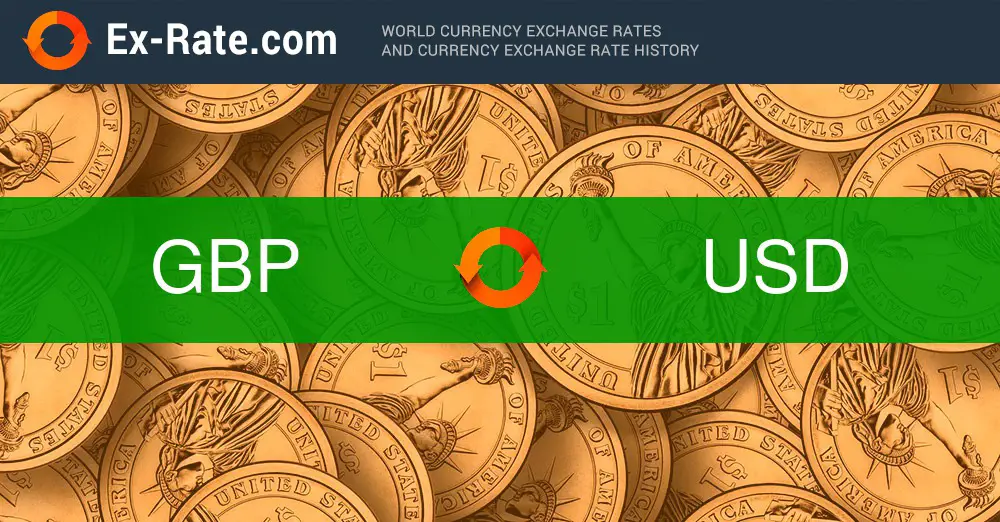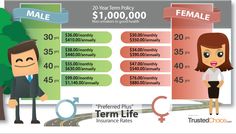
Savings bonds are a form of investment that are valued by many as a secure means of increasing their financial security. These assets are completely backed up by the government of the United States regardless of the current conditions of the economy, and are not subject to state or local income taxes. This makes them highly attractive to those looking for beneficial and risk-free forms of investment that allow them to grow their wealth without needing extensive knowledge of the stock market and other forms of investment. They are also popular gift choices for new babies, weddings, and even birthdays because they represent a financial advantage later in life. Because of this many people find themselves in possession of savings bonds but are unsure of the value that they have accrued. If you have a collection of bonds that you have been accumulating for years, or have stumbled upon a savings bond that you didn’t remember you had received, you may be wondering “How much are my savings bonds worth?”
How Much Are My Savings Bonds Worth After One Year?
In most situations a savings bond can only be cashed in after one year has passed since its purchase. The only exception to this is when an official federal disaster has been declared, which allows for savings bonds to be cashed in when it is not yet one year old. You should keep in mind, however, that if you choose to cash in your savings bond before five years have passed since its purchase, you will forfeit three months’ worth of interest. Meaning if you have a savings bond that is valued at $1,000 after a 30-month period, you can cash it in after those 30 months you will receive the full investment amount, but only 27 months’ worth of interest.
Savings Bonds Considerations
There are certain factors that you should consider when either purchasing savings bonds as an investment opportunity, or thinking about cashing in bonds that you have been holding. Each of these considerations impacts not only the value of the bonds, but how they will otherwise influence your finances. These factors include:
- Face Value: This is the amount for which the savings bond was purchased. There are specific amounts that are offered depending on the series of bond you choose. Those bonds known as Series I bonds are available in face values of 0, $75, $100, $200, $500, $1000, and $5000. The other option, Series EE bonds, are available with the same face values as Series I with the addition of a $10,000 option.
- Type of Bond: As mentioned above, there are two types of bonds from which to choose. Series I bonds are sold at face value, whereas Series EE bonds are sold at half of face value. They also differ in the way that interest is applied.
- Redemption Period: Both types of bonds require that you wait one year before cashing in your bonds, and have a three-month interest penalty for cashing in your bond prior to a five-year maturity mark.
- Maturity Date: Generally speaking, the face value of a savings bond will double after a specified maturity date. There is some fluctuation to this depending on the issue date of your particular bond.
- Federal Taxes: Savings bonds are not subject to state or local taxes, but they are subject to federal income taxes. There are specific rules regarding this, however.
Answering “How Much Are My Savings Bonds Worth?”
If you are planning on cashing in your savings bonds, you will probably want to know how much you can expect to get from them. This can help you to decide if you want to go ahead and cash them in, or if you would rather wait and increase the amount they are worth. There are online calculators available, such as the one on www.TreasuryDirect.gov, that allow you to input the face value, maturity date, series, and serial number of your savings bond and it will tell you how much that particular bond is worth. For those that use savings bonds as an investment, or are often the recipient of savings bonds gifts, this site also offers the valuable feature of cataloging your bonds and keeping track of the value so you can always quickly and easily answer the question of “how much are my savings bonds worth?”



